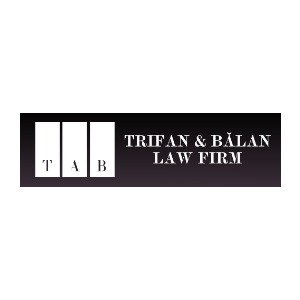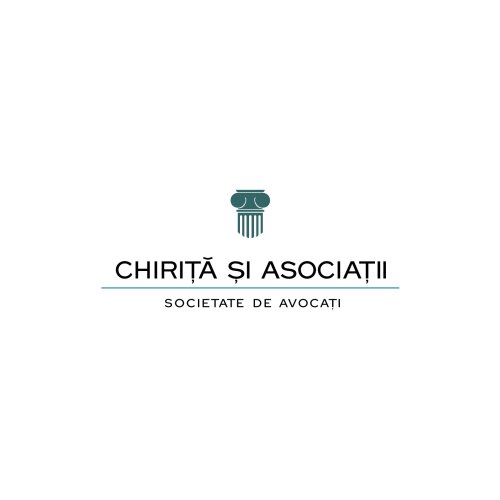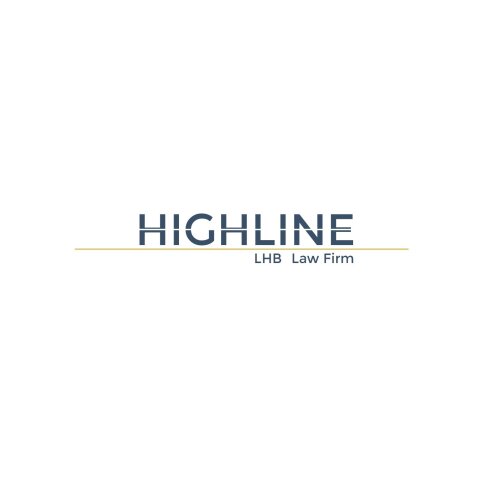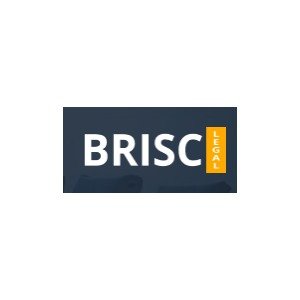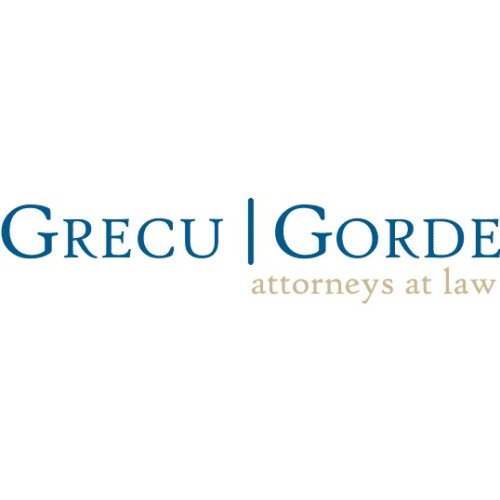Best Conveyancing Lawyers in Cluj-Napoca
Share your needs with us, get contacted by law firms.
Free. Takes 2 min.
Free Guide to Hiring a Real Estate Lawyer
List of the best lawyers in Cluj-Napoca, Romania
About Conveyancing Law in Cluj-Napoca, Romania
Conveyancing is the legal process of transferring property ownership from one person to another. In Cluj-Napoca, Romania, conveyancing involves several steps and legal checks to ensure a property transaction is lawful, valid, and secure for all parties involved. The process typically covers all types of real estate sales including apartments, houses, and land plots. The legal framework is governed primarily by the Romanian Civil Code, but also involves local administrative rules due to Cluj-Napoca’s unique position as a rapidly developing city with high demand for real estate.
Why You May Need a Lawyer
Engaging a lawyer for conveyancing is highly recommended in Cluj-Napoca due to the complexity of property law and local conditions. Here are common scenarios where legal assistance is essential:
- When buying or selling residential or commercial property
- If dealing with inherited properties or succession issues
- To verify the legal status of the property, such as checking for existing debts, charges, or disputes
- When drafting and reviewing sale-purchase agreements
- For representation at the Notary Public during the transaction
- If the property is subject to urban zoning or building restrictions
- When foreign nationals wish to acquire property in Romania
- If there are co-ownership or partition issues
A lawyer can help clarify your rights and obligations, avoid common pitfalls, carry out due diligence, and ensure the entire process is compliant with Romanian law.
Local Laws Overview
Conveyancing in Cluj-Napoca is governed by national regulations as well as specific local rules. Key legal aspects include:
- Only notarized contracts are valid for the transfer of property
- All property must be registered in the Land Book (Cartea Funciară) administered by the National Cadastre and Land Registration Agency (ANCPI)
- Buyers must check for encumbrances such as mortgages, easements, or litigation recorded against the property
- Foreign citizens can buy property in Cluj-Napoca, but there are special requirements for land purchases
- Tax implications include a property transfer tax payable to the state, plus notary and cadastral fees
- Legal pre-emption rights (drept de preemtiune) may apply, particularly for historic or agricultural properties
- Municipal regulations may impose restrictions based on urban planning or conservation zones
It is vital to observe both national and local requirements to ensure a smooth and legally binding transaction.
Frequently Asked Questions
What documents are needed for property conveyancing in Cluj-Napoca?
You typically need the seller’s title deed, Land Book extract, identity documents, building permits (if applicable), tax clearance certificates, and evidence of utilities payments.
Is the involvement of a Notary Public mandatory?
Yes, all property sales and purchases must be finalized with a contract authenticated by a Romanian Notary Public.
How long does a usual conveyancing process take?
It can take from a few days to several weeks, depending on the complexity of the transaction and the availability of documents.
Can foreigners buy property in Cluj-Napoca?
Yes, foreigners can buy apartments and buildings freely, but there are limitations for non-EU citizens regarding land purchases.
What are the main costs involved in property conveyancing?
Costs typically include notary fees, state taxes (property transfer tax), cadastral fees, and lawyer fees if you hire legal representation.
How can buyers ensure the property is free from legal issues?
A lawyer conducts due diligence by checking the Land Book for encumbrances, ensuring compliance with urban regulations, and verifying the ownership history.
What happens if the property is co-owned?
All co-owners must consent to the sale, and pre-emption rights may apply. Legal assistance will help navigate these rules.
Are there specific risks in buying new builds in Cluj-Napoca?
Buyers should ensure all building permits are in order, the property is properly registered, and there are no outstanding debts or disputes with developers.
What is the Land Book and why is it important?
The Land Book records all legal details about the property including ownership, boundaries, and encumbrances. Registration in the Land Book is essential for a valid transfer.
Do I need to be present in person for the conveyancing process?
While presence at the Notary Public is standard, you can also appoint a legal representative through a power of attorney if you cannot attend.
Additional Resources
If you need further information or assistance, consider reaching out to these local and national resources:
- Notary Public Offices in Cluj-Napoca
- Cluj County Bar Association (Baroul Cluj)
- National Union of Romanian Notaries Public (Uniunea Națională a Notarilor Publici din România)
- National Cadastre and Land Registration Agency (ANCPI)
- City Hall of Cluj-Napoca - Urban Planning Office
These bodies provide useful information, support, and access to official records important for property transactions.
Next Steps
If you are considering buying or selling property in Cluj-Napoca, Romania, start by gathering all necessary property documents and clarifying your legal position. The next step is to consult with a lawyer who specializes in real estate and conveyancing. They will guide you through due diligence, contract negotiation and drafting, and ensure your transaction is properly registered and free of legal risks. Schedule an appointment with a local legal expert and be clear about your objectives and timelines. Taking early legal advice can save time, reduce costs, and help you avoid common mistakes in the conveyancing process.
Lawzana helps you find the best lawyers and law firms in Cluj-Napoca through a curated and pre-screened list of qualified legal professionals. Our platform offers rankings and detailed profiles of attorneys and law firms, allowing you to compare based on practice areas, including Conveyancing, experience, and client feedback.
Each profile includes a description of the firm's areas of practice, client reviews, team members and partners, year of establishment, spoken languages, office locations, contact information, social media presence, and any published articles or resources. Most firms on our platform speak English and are experienced in both local and international legal matters.
Get a quote from top-rated law firms in Cluj-Napoca, Romania — quickly, securely, and without unnecessary hassle.
Disclaimer:
The information provided on this page is for general informational purposes only and does not constitute legal advice. While we strive to ensure the accuracy and relevance of the content, legal information may change over time, and interpretations of the law can vary. You should always consult with a qualified legal professional for advice specific to your situation.
We disclaim all liability for actions taken or not taken based on the content of this page. If you believe any information is incorrect or outdated, please contact us, and we will review and update it where appropriate.





